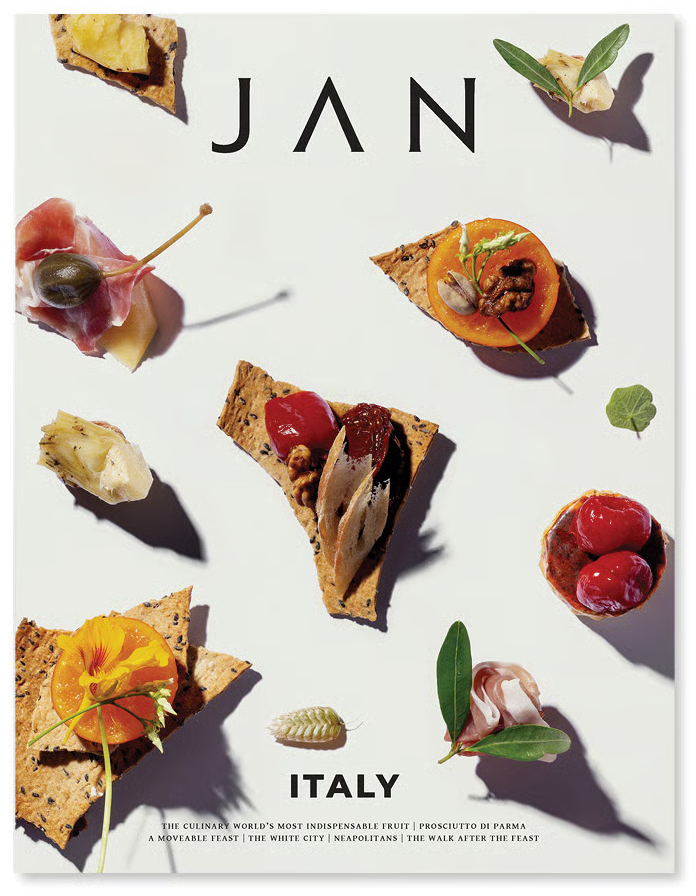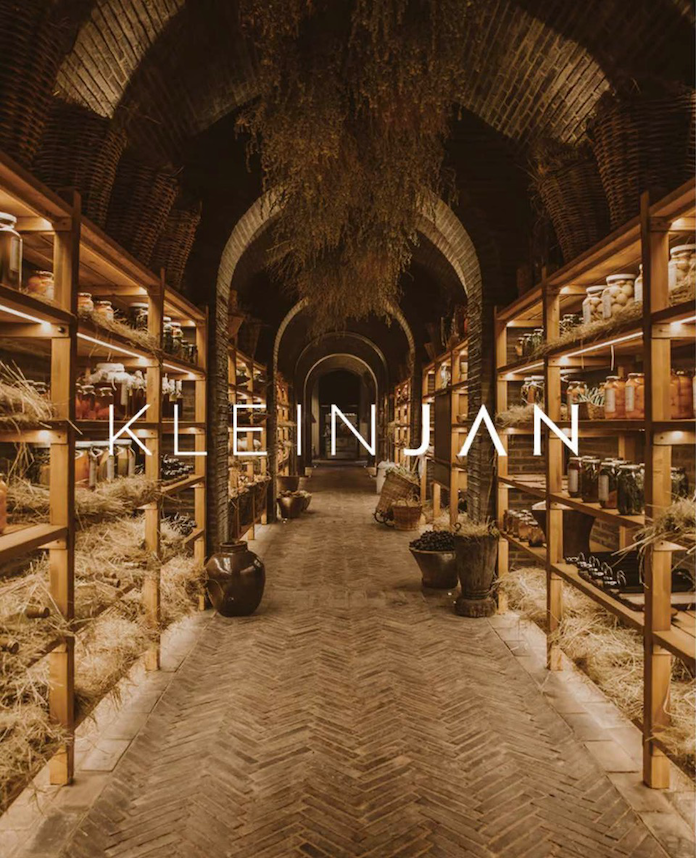Bastille Throwback
A Visit to Franschhoek During the Bastille Day Celebrations
South Africa’s link to France is not as obvious as, say, our historic links to the Netherlands and Great Britain, but once a year in the picturesque town of Franschhoek in the Cape Winelands, our French heritage goes into overdrive. If you’ve never heard of Bastille Day, it commemorates the famous Storming of Bastille on 14 July 1789, a pivotal moment during the French Revolution. Of course, the origins of this historic event get a bit vague when ambling down Franschhoek’s Huguenot Street in a sea of red and blue berets on Bastille Day weekend, but knowing just a little bit more about the inspiration behind the celebrations on your next July visit to Franschhoek will undoubtedly enrich the experience.

HAIL TO THE HUGUENOTS
Before delving into what Bastille is all about, you might ask, what’s it got to do with us? Well, if you’re a de Villiers, a du Toit or a Le Grange (pronounced “le-gransie” these days), you’re of Huguenot descent. Even Viljoen comes from the French Villion. In fact, there’s an entire Huguenot Society (established in 1953) dedicated to “preserving the traditions, virtues and ideals” of this once marginalised group.
By 1692, precisely 201 Huguenots arrived in the Cape. They were part of a movement in France who established the Calvinist Reformed Church in 1550. A century later, they had become outcasts in what was otherwise a predominantly Catholic country, evading persecution by King Louis XIV (the Sun King). In a largely Dutch – and religiously freer at the time – Cape, the Huguenots were welcomed with open arms.
Simon van der Stel (namesake of everything that starts with the prefix “Stellen”) was governor of the Cape, and gave the Huguenot settlers land – mostly in the Franschhoek (Olifantshoek) and Paarl (Drakenstein) regions – to grow and make wine. With their industrious work ethic and knack for winemaking, the quality of Cape wines drastically improved, and within a generation, they had become fully integrated into local society.
But even though the Huguenots became indistinguishable from Cape Dutch culture within a generation, their French influence remained apparent in not only the wine but also the cuisine of the Cape.
BACK TO BASTILLE
It was only in 1880, almost a century after the Storming of Bastille, that 14 July become a national festival in France. We know it as Bastille Day in the English-speaking world, but to Francophones, it’s known as the Fête nationale française, or le 14 juillet.
Today, Bastille Day is celebrated across the globe; Belgium, the Czech , Denmark, Hungary, the UK and Ireland in Europe, and elsewhere in Canada, India, New Zealand, South Africa, French Polynesia and the US.
THE FRENCH IN FRANSCHHOEK
Even though the name Franschhoek was established in the 18th century, it wasn’t until 1993 that the town started getting into the spirit of Bastille. Since then, the festival has become the town’s most eagerly anticipated winter event.
On the Saturday of the weekend’s festivities, the town is abuzz with festival goers, street performers and market merchants. French flags sway in the chilly breeze and a huge marquee tent alongside the old Dutch Reformed Church hosts 24 of the region’s wineries all offering a taste of their flagship wines.
OH, LA LA MOTTE
La Motte Wine Estate, one of Franschhoek’s most iconic wine estates, leads the celebrations by dedicating the entire month of July to all things French. If the hustle and bustle of the village is too much for you, the estate offers a quiet(er) respite from it all. At La Motte Bakery, the shelves are lined with French-themed pâtisserie and viennoiserie, whereas the menus take on a French-inspired twist at the restaurant.
Amongst the most iconic experiences is the bakery’s iconic Croissant 1837, so named because the croissant as we know it today originated in Paris during that year. Before that, it was Austrian (and quite different in shape), brought over (it is believed) by Marie Antoinette’s chefs when she moved to Versailles.
Some pastries to look out for at the bakery include mille-feuille, Paris-Brest, macarons, and palmiers – served with La Motte’s exemplary bubbly. A stone’s throw from the bakery, visitors can also experience a Fine Wine Tasting Experience year-round, but on Bastille Day weekend, the tasting centres on the Estate’s French wine heritage, and how they relate to their French cousins in style.
À TOUT À L’HEURE
If you’ve always wondered about visiting Franschhoek for the Bastille Day celebrations, it offers a fascinating glimpse into the town’s French subculture, which is more muted at other times of the year. It’s something whimsical (and a little bit wild), and a great way to spend a day.















